Monsignor Carr Institute Cheektowaga

Overview
Monsignor Carr Institute Cheektowaga is a mental health treatment center for people seeking treatment near Erie County. As part of their treatment modalities for recovery, Monsignor Carr Institute Cheektowaga provides couples/family therapy, group counseling, and cognitive behavioral therapy during treatment. Monsignor Carr Institute Cheektowaga is located in Buffalo, New York, accepting cash or self-payment for treatment.
Monsignor Carr Institute Cheektowaga at a Glance
Payment Options
- Cash or self-payment
- Medicaid
- Medicare
- State-financed health insurance plan other than Medicaid
- Private health insurance
Assessments
- Screening for tobacco use
- Comprehensive mental health assessment
- Comprehensive substance use assessment
Age Groups
- Young adults
- Children/adolescents
- Adults
- Seniors
Ancillary Services
- Court-ordered outpatient treatment
- Family psychoeducation
- Integrated primary care services
- Suicide prevention services
Highlights About Monsignor Carr Institute Cheektowaga
6.65/10
With an overall rating of 6.65/10, this facility has the following balanced range of services. Alcohol Rehabilitation: 8.00/10, Treatment Options: 6.61/10, Drug Rehab and Detox: 6.00/10, Insurance and Payments: 6.00/10.-
Alcohol Rehabilitation 8.00
-
Treatment Options 6.61
-
Drug Rehab and Detox 6.00
-
Insurance and Payments 6.00
Treatment At Monsignor Carr Institute Cheektowaga
Treatment Conditions
- Mental health treatment
- Substance use treatment
- Co-occurring Disorders
Care Levels
- Outpatient
Treatment Modalities
- Couples/family therapy
- Group counseling
- Cognitive behavioral therapy
- Dialectical behavior therapy
- Telemedicine/telehealth therapy
Ancillary Services
Languages
- Sign language services for the deaf and hard of hearing
Special Programs
- Clients who have experienced trauma
- Children/adolescents with serious emotional disturbance (SED)
- Persons 18 and older with serious mental illness (SMI)
- Persons with post-traumatic stress disorder (PTSD)
Get Help Now
Common Questions About Monsignor Carr Institute Cheektowaga
Contact Information
Other Facilities in Buffalo
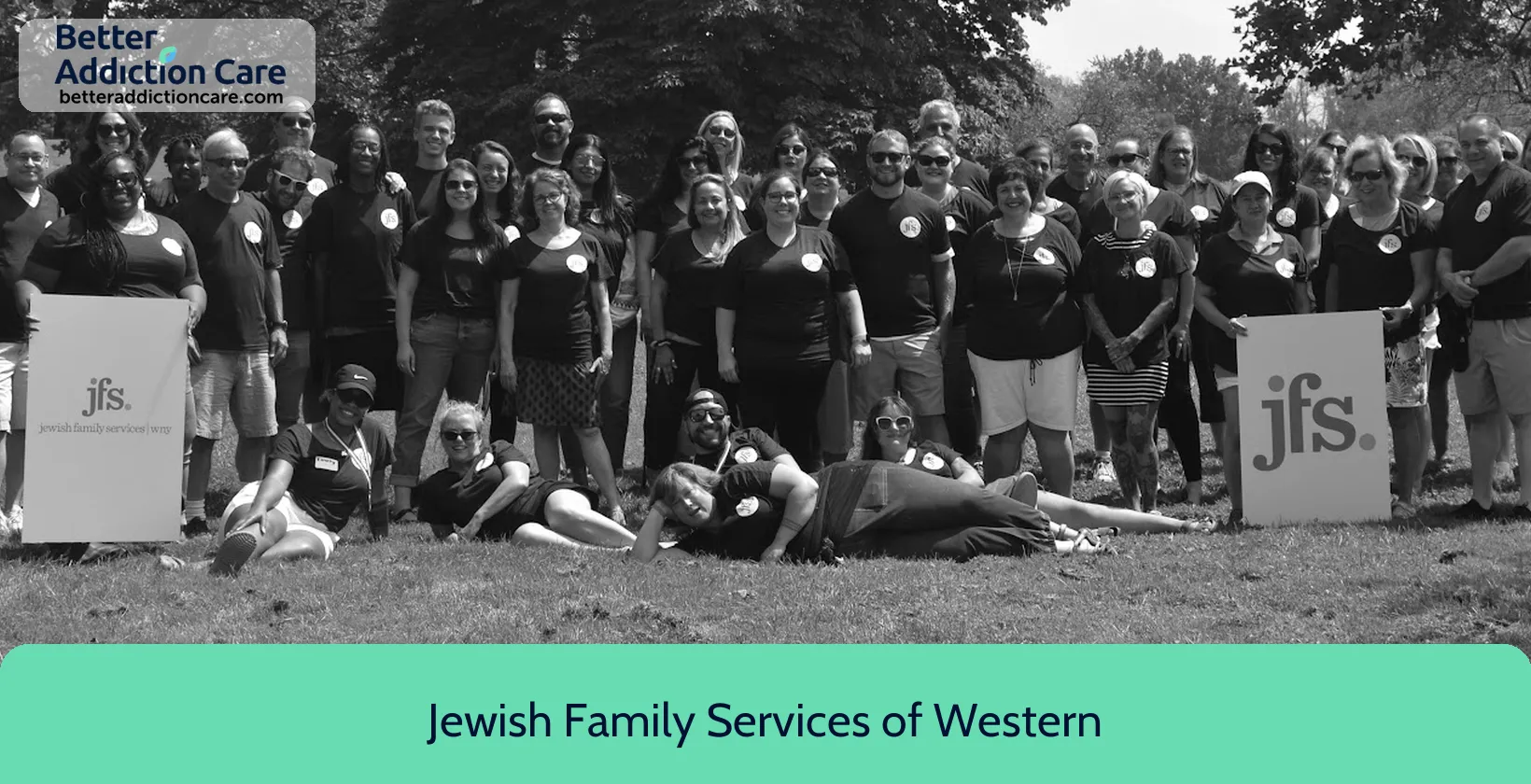
6.65

6.74
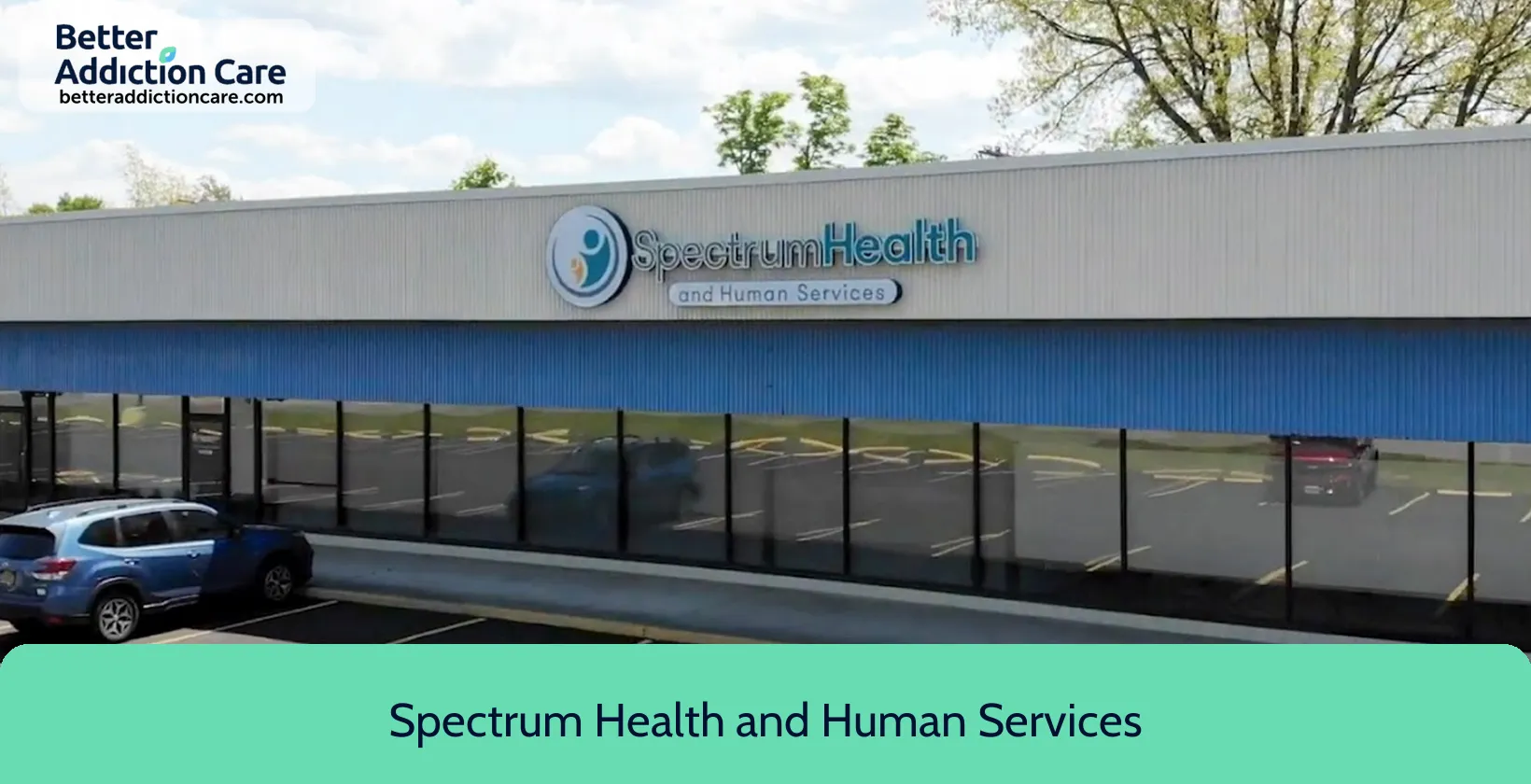
7.39
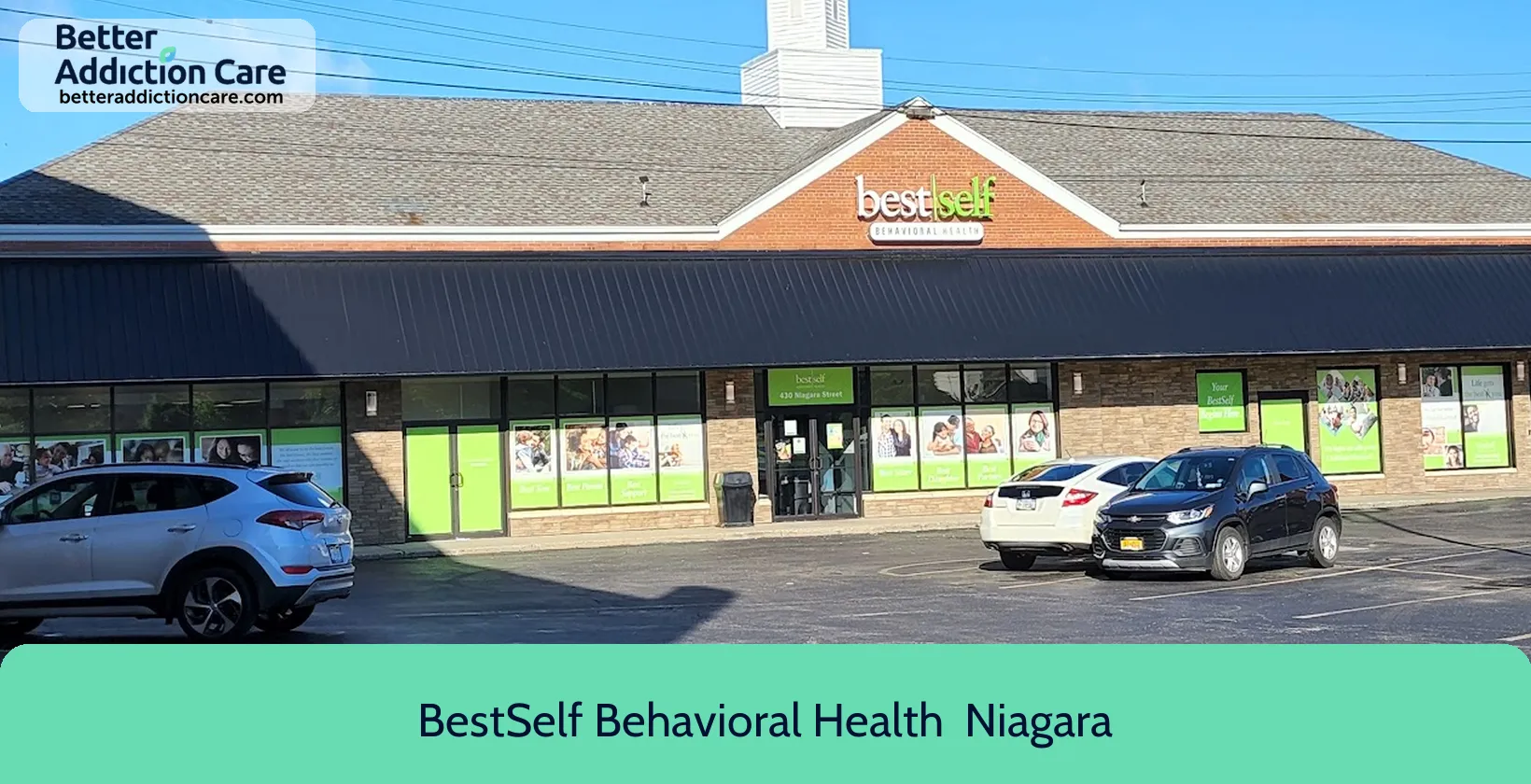
6.74
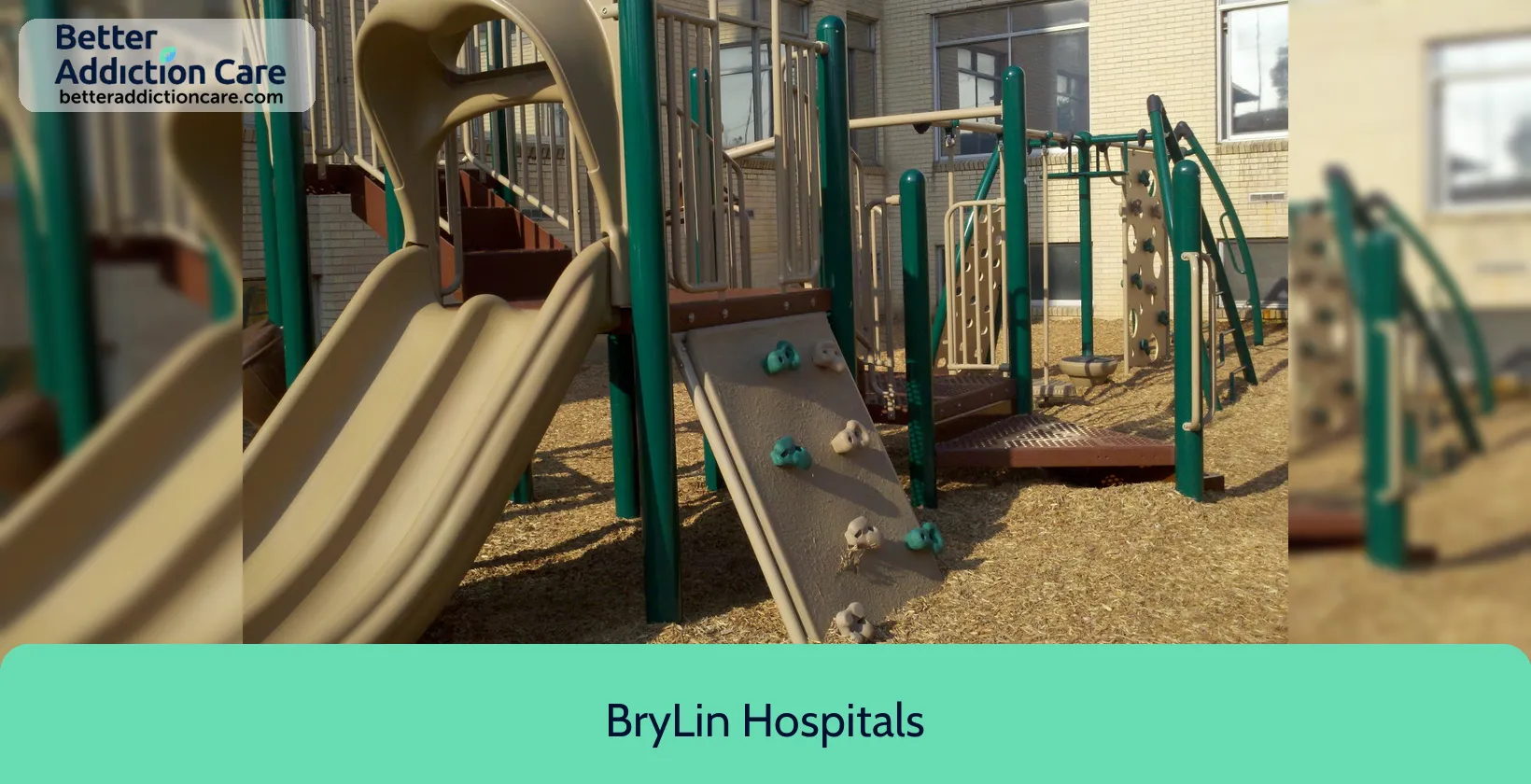
6.68

7.51
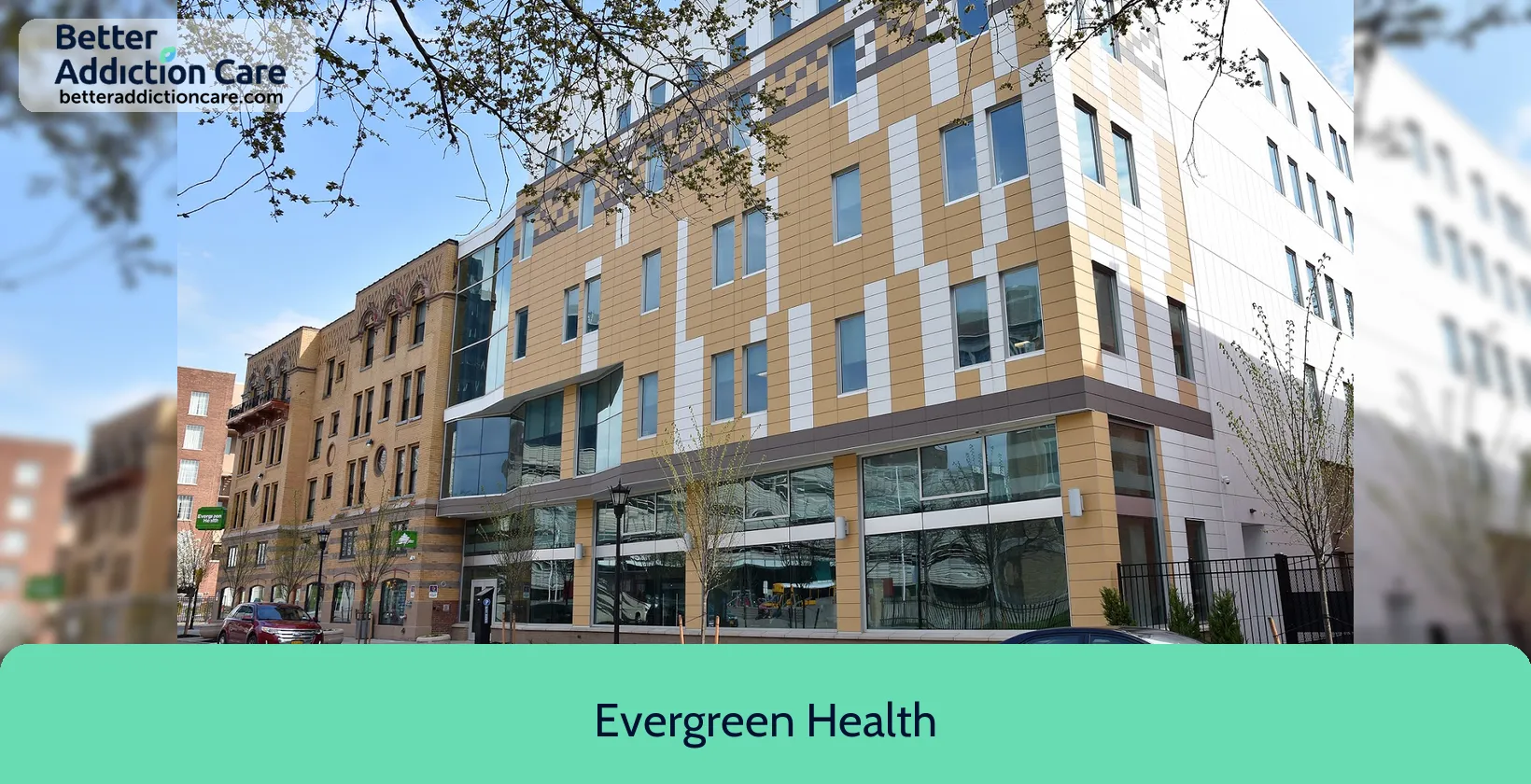
7.39

7.93
DISCLAIMER: The facility name, logo and brand are the property and registered trademarks of Horizon Village: Terrace House, and are being used for identification and informational purposes only. Use of these names, logos and brands shall not imply endorsement. BetterAddictionCare.com is not affiliated with or sponsored by Horizon Village: Terrace House.
